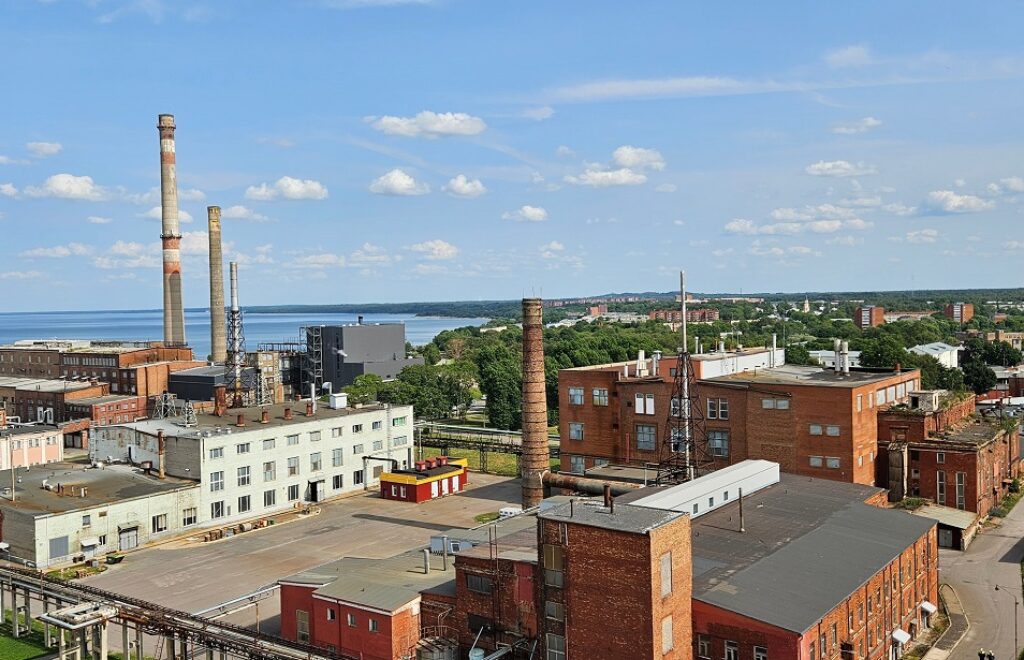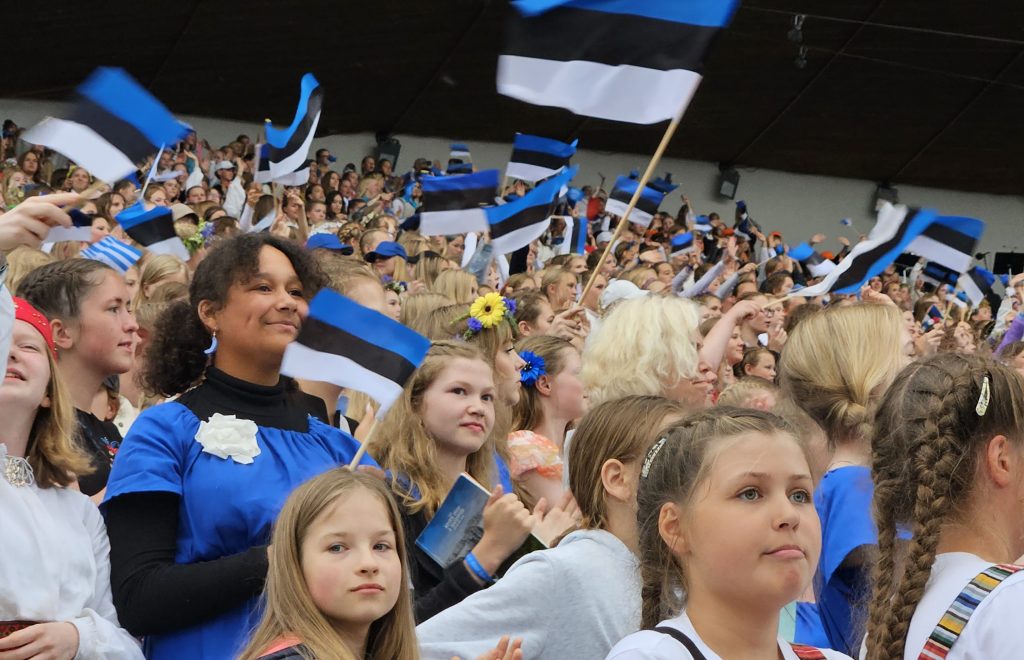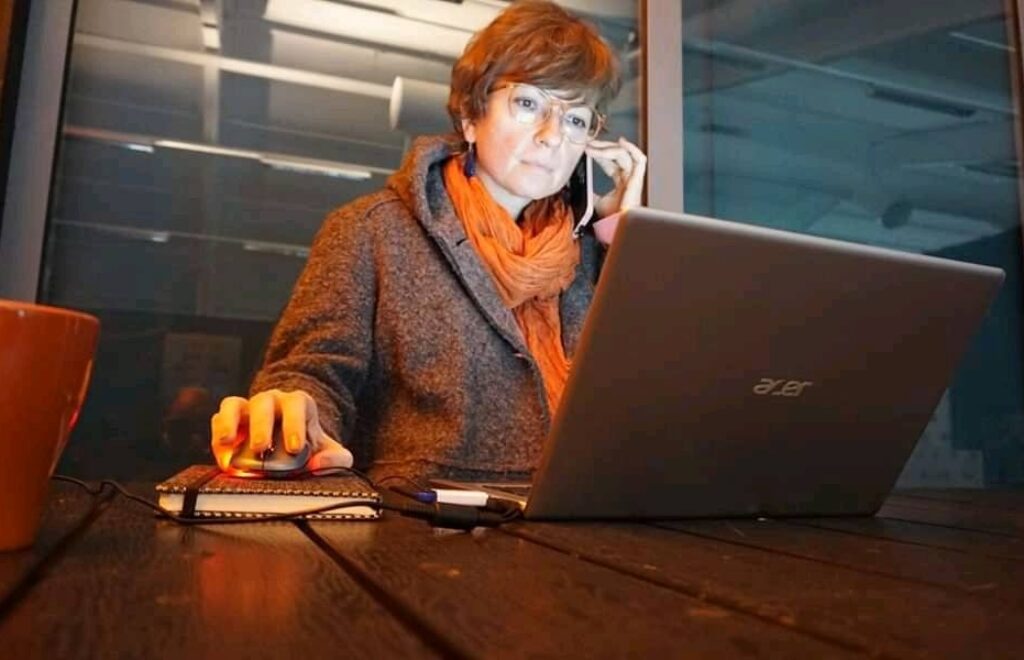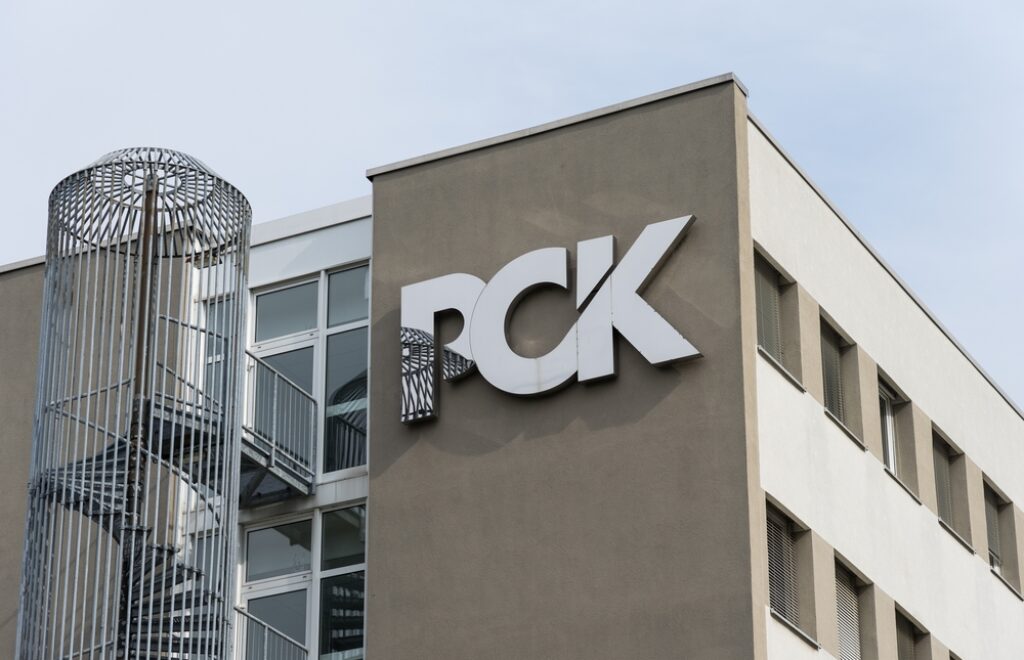Estonia aims to help Europe’s rare earth supply chain
It was during the COVID-19 pandemic, when China's borders temporarily closed, that something clicked in Raivo Vasnu’s mind. Silmet, the factory he heads in Sillamäe, Estonia is a former Soviet uranium-processing facility in Europe’s north-easternmost tip near the Russian border. It is also Europe’s largest processor of rare earths, a crucial category of elements necessary for a wide range of technologies, including electric cars and wind turbine technologies.
February 7, 2024 - Isabelle de Pommereau






































